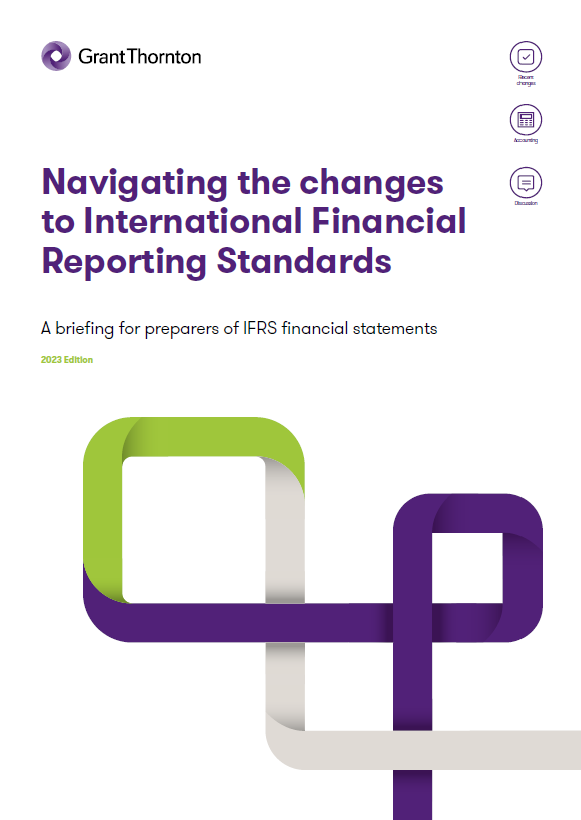The most relevant changes to the Labor Code of the Republic of Lithuania are for the attention of company managers, managing accounting persons and human resources managers. Some of them have already entered into force since 2022 July 1. We invite you to check what is relevant for both the employer and the employee and for general payroll accounting.
Changes to daily allowance payments as of 2022-07-01:
- Daily allowance amounts lower than those established by the State of the Republic of Lithuania are no longer determined in the employment contract, but must be determined in a collective agreement or a local normative legal act. Such amounts of daily allowances must be differentiated according to objective criteria, ensuring the equality of all employees.
- When the amounts of daily allowances are determined in a local normative legal act, employees must be informed about them according to the procedure provided in Article 25, Part 2 of the Labor Code - in writing, on the condition that it is possible to determine the content of the information, the provider of the information, the fact and time of submission, as well as there is an opportunity for this information to be saved.
- Daily allowance payments for the last month's business trip days will have to be made together with the employee‘s salary, according to established salary payment procedures and deadlines.
Labor Code changes that come into place as of 2022-08-01:
- The term of the probation period cannot be longer than three months, but in the case of a fixed-term employment contract, when a fixed-term employment contract is concluded for a period of less than six months, the trial period must be proportional to the term of this contract (respectively shorter than three months) (Article 36).
- Information related to labor relations, which must be provided to an employee who is a foreigner, must be provided in Lithuanian and another language understandable to this type of employee (Article 42).
- Additional employment relationship criteria are established, about which the employee must be informed before the start of labor relations - probationary period and conditions, the procedure for changing the employment contract, the procedure for determining and paying for overtime and, if applicable, the procedure for changing working time (shifts), determining overtime as well as the procedure for paying for them, the procedure for changing jobs (shifts), the right to employee training, if the employer grants this right, the name of social insurance institutions that receive social insurance contributions related to employment and information about other social insurance-related protection provided by the employer, if the employer is responsible for this (Article 44).
- When the employment contract is changed at the initiative of the employee and the change of the employment contract is time-limited, a rule is established that the employee must return to work under the previous working conditions after the expiration of the term (Article 46).
- The employment contract can be terminated by the employee's written request, with a 20 calendar days' notice, except for cases where the employer agrees to shorten the notice period or not to apply it at all. However, the employee has the right to withdraw the application to terminate the employment contract no later than within three working days from the date of its submission, except in cases where the employment contract has already been terminated. Later, he can withdraw the statement only with the consent of the employer (Article 55).
- The notice periods for termination of employment contracts are tripled, in addition to other cases provided for in the article, for employees who have submitted an extract due to an illness included in the list of serious illnesses approved by order of the Minister of Health of the Republic of Lithuania (Article 57).
- Discrimination against employees (based on citizenship, beliefs and attitudes, age, gender, etc.) and dismissal of employees at the will of the employer is prohibited (Article 59).
- When an employee is being sent of a business trip to another country for a period longer than twenty-eight days, he must be given the documents specified in paragraphs 1 and 2 of Article 44 of the Labor Code, which additionally indicate the name(s) of the state(s) and the duration of the business trip. Additionally, it is indicated that if an employee is sent to another EU country or EEA country to work temporarily under a contract for the provision of services or the performance of work concluded by the employer with a customer operating in another country, to work in a branch, representative office, group company or another workplace of the employer's legal entity or to work as a temporary employee, the documents handed to him before leaving for the assignment must additionally indicate: 1) the salary that he is entitled to receive according to the law of the country to which he is posted; 2) daily allowances and allowances intended to compensate for actual travel, lodging and meal expenses related to the assignment, if applicable; 3) a link to the host country's official national website, which contains information about workers on business trips (Article 107).
- The employer is obliged to comply with the request to work in the working time regime preferred by the employee, when it is required by a pregnant, recently given birth, or breastfeeding employee, an employee who is raising a child under the age of eight, and an employee who is alone raising a child under the age of fourteen or a disabled child under the age of eighteen, an employee, who has submitted an application based on the conclusion of a health care institution about his state of health or the need to nurse (look after) a family member or a person living with the employee, if due to production necessity or the characteristics of work organization, this would not result in excessive costs for the employer (Article 113).
- The employer must provide unpaid time off to the employee if the employee's request is related to urgent family reasons in the event of an illness or accident, where the employee must be directly involved (Article 137).
- Employees that are raising one child under the age of twelve are granted one additional day of rest per three months (or reduced working hours by eight hours per three months), while employees that are raising a disabled child under the age of eighteen are granted one additional day of rest per month (or working time is reduced by two hours per week) (Article 138).
Labor Code changes that come into place as of 2022-10-01:
- For employees that are on downtime, for each calendar month in which the employee was declared idle during the period of downtime, the employee's wages for that month cannot be lower than the minimum monthly salary approved by the Government of the Republic of Lithuania, when the full working time rate is stipulated in his employment contract (47 article).
Labor Code changes that come into place as of 2022-11-01:
- The employer must take all necessary measures to ensure the prevention of psychological violence and harassment in the work environment and plan active actions to help persons who have experienced psychological violence or harassment in the cases provided for in paragraph 2 of this article. Likewise, employers with an average number of employees of more than fifty, after completing the information and consultation procedures in accordance with the procedure established by the Labor Code, must approve the violence and harassment prevention policy, publish and implement it in the usual ways in the workplace. The policy for the prevention of violence and harassment must establish methods of recognizing violence and harassment, possible forms of violence and harassment, the procedure for familiarization with violence and harassment prevention measures, the procedure for submitting and examining reports of violence and harassment, protection of persons who reported violence and harassment and victims measures and assistance provided to them, rules of employee behavior (work ethics) and other information related to the prevention of violence and harassment (Article 30).
- For mobile or fieldwork, the amount of compensation cannot exceed 30 percent of the basic (tariff) wage and they are paid in the event that the employee is not paid for business trip expenses (Article 114). As of 2023-06-01, it is planned to completely renounce this type of compensation.
Labor Code changes that come into place as of 2023-01-01:
- Parental leave, granted to employees after the birth of a child until the child turns 1 year old. or 1 month after the adoption of the child, may be divided into no more than two parts (Article 133).
- Each of the parents (adoptive parents, guardians), when taking leave to look after a child, at any time before the child turns eighteen or twenty-four months old, first has the right to use the part of the two-month long leave to look after the child, which cannot be transferred to anyone else. Each parent (adoptive, guardian) can take part of the non-transferable two-month leave to look after the child all at once or in parts, alternating with the other parent (adoptive, guardian). Both parents cannot take this leave at the same time (Article 134).








